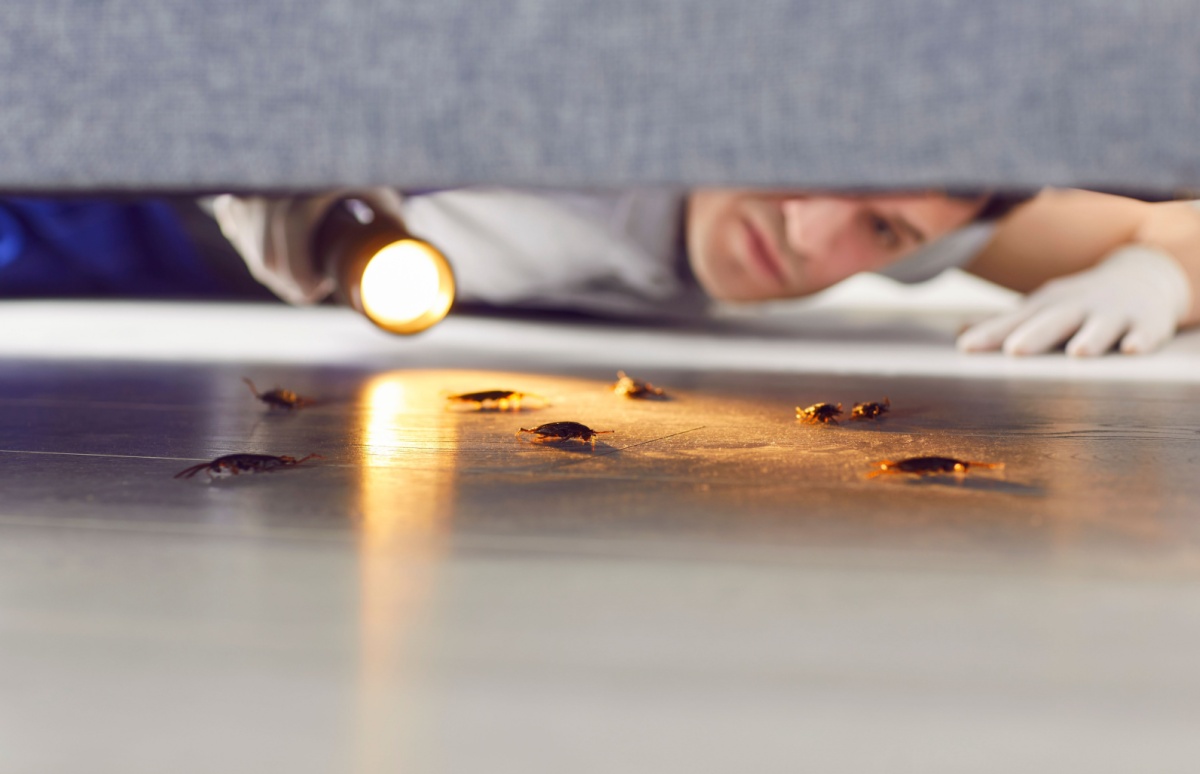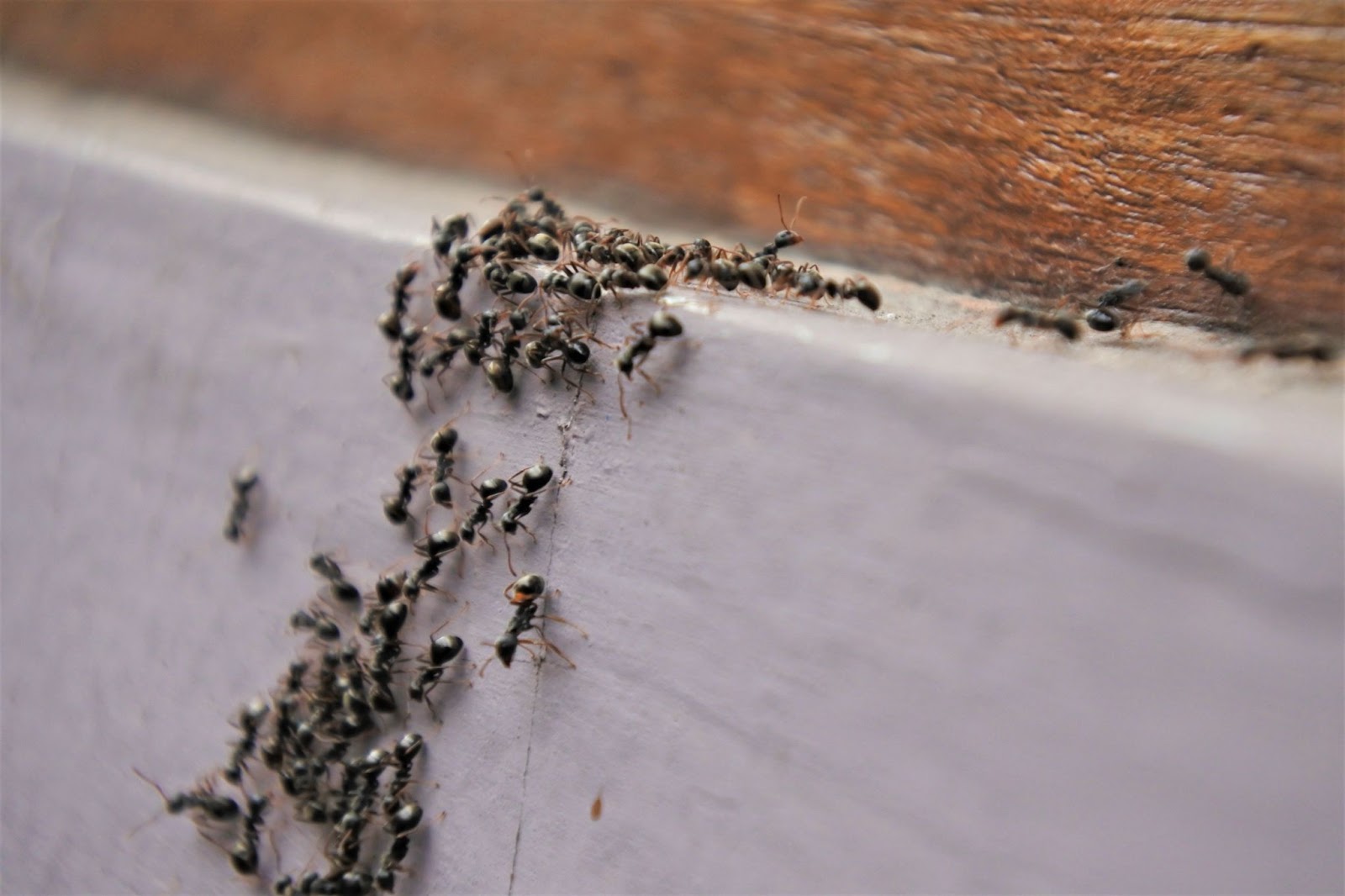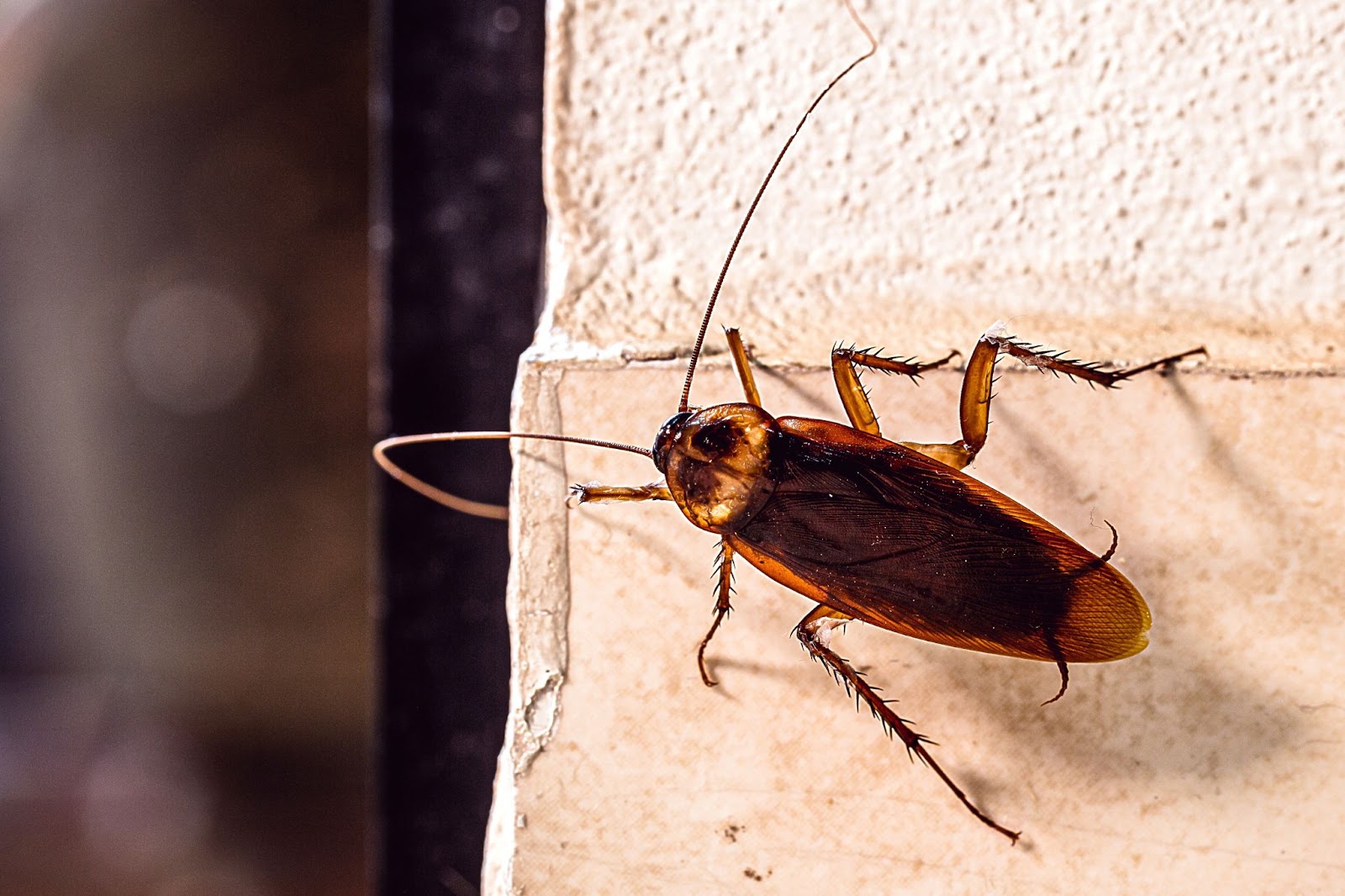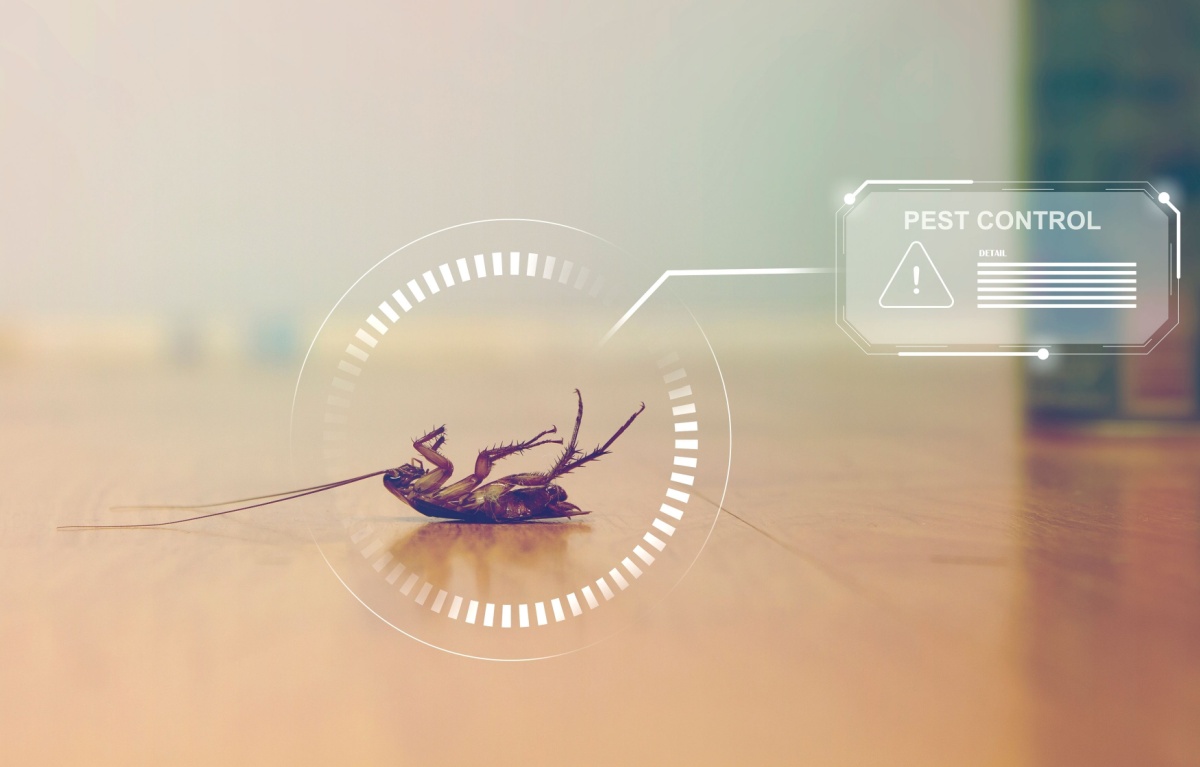200-B Campus Dr Morganville,
New Jersey 07751

August 28, 2025
Effects of a Pest Infestation: Health, Property Damage & More
Nobody wants to share their space with bugs and rodents. The whole
August 25, 2025
Is Hiring an Exterminator Worth It? Short-Term vs. Long-Term Costs
You hear a scratch in the wall. Or you see a flicker
July 7, 2025
Benefits of Hiring an Exterminator
Your home is your comfort zone until pests make it theirs and
July 7, 2025
Professional Tips for Ant Infestations
Ants might be small in stature, but they make up for itJune 25, 2025
Early Warning Signs of Termites: Noises, Damage & More
It starts quietly. A faint clicking behind the wall or a windowJune 25, 2025
Guide to Bed Bugs: Warning Signs, Treatment, & Prevention
There’s something incredibly personal about your bed. It’s your place of
May 20, 2025
How to Prepare Your Home for Spring & Summer Pests
When the weather starts to warm up, your home becomes just as
May 20, 2025
Warning Signs of a Cockroach Infestation: What’s That Smell?
Cockroach infestations can sneak up on even the cleanest homes throughout New
March 19, 2025
